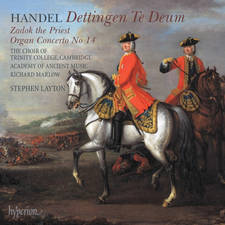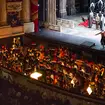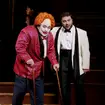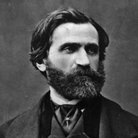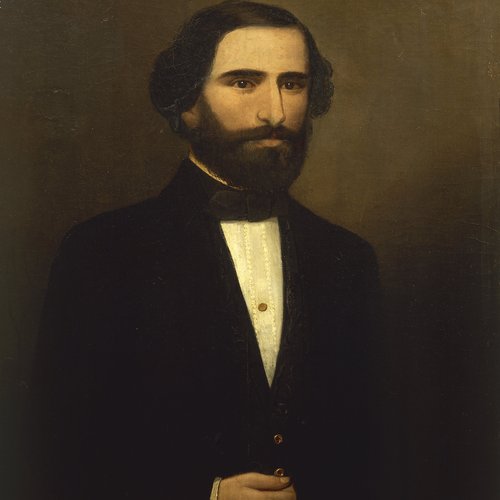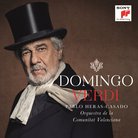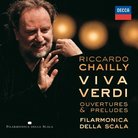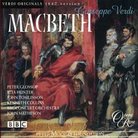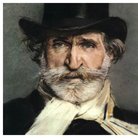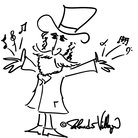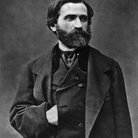Verdi - Otello
Based on Shakespeare's Othello, this four act opera composed in 1887 shook Verdi out of retirement and kick-started his career once more.
After completing his hugely successful opera, Aida, in 1871, Verdi decided to call it a day and end his career on a high. Occupying a space in public consciousness in the same way a pop star might today, his publishers thought it to be a terrible waste for Verdi to give up altogether, and so tried to coax him out of retirement with a brilliant libretto by Arrigo Boito - and so Otello was born.
Verdi was a huge fan of Shakespeare's plays, although his Shakespearean adaptation of Macbeth from 1847 was not well received after its initial success. Helped by the faithful text from Shakespeare-obsessive Boito, the opera came to fruition and was first performed in Milan on February 5 1887, with European and American premieres before the start of the 1890s.
The plot is relatively faithful to Shakespeare's original text, and despite a few condensed scenes and the omission of one of the characters, Brabantio, the opera's key characters, Otello and Iago, are among the most fully developed in all of Verdi's works. He even takes the writing one step further than Shakespeare, painting Iago as more evil than in the play - listen to the nihilistic 'Credo in un Dio crudel' for an insight into his character.
It's not all death and suspicion though. The love duet at the beginning of Act I between Desdemona and Otello is hushed and peaceful - but it doesn't last long. Throughout the drama Verdi uses the orchestra to depict the increasing tension in their relationship until a furious and violent emotional climax in Act III.
After coming out of retirement with a vengeance and composing this great opera, Verdi went out with a bang and, in a final flash of Shakespeare-inspired brilliance, composed his last opera: Falstaff. Who knows, this 1893 smash hit may never have come to fruition were it not for the creative burst of energy brought on by the gory yet brilliant Otello.
